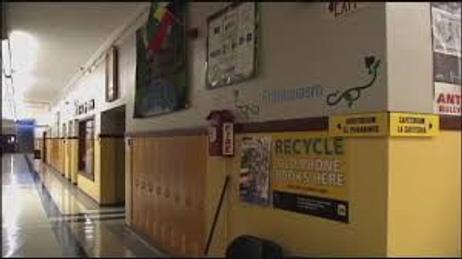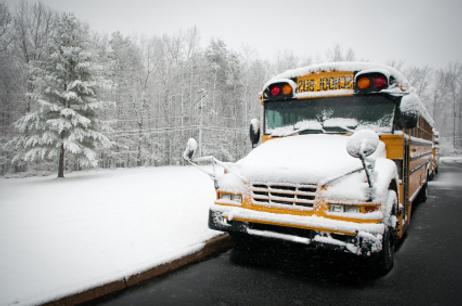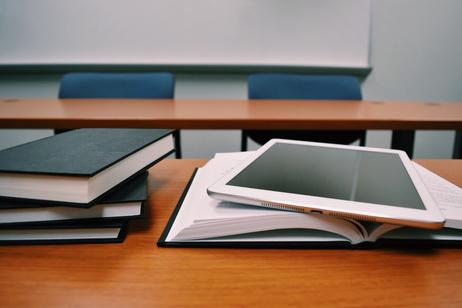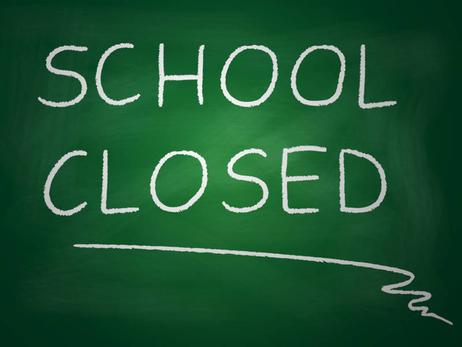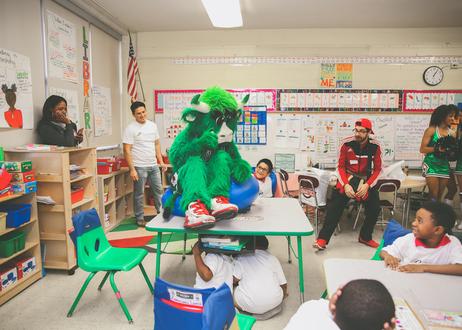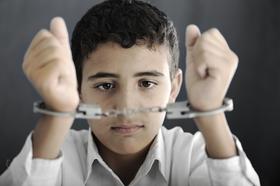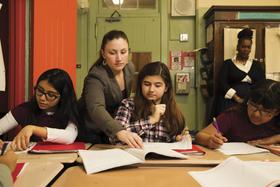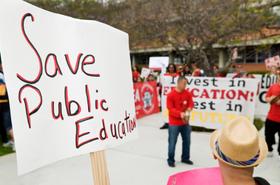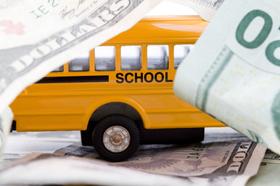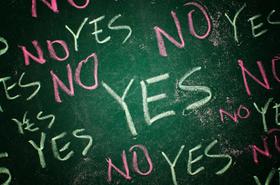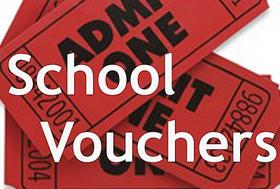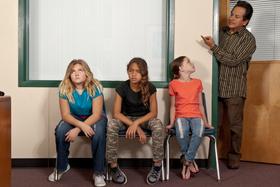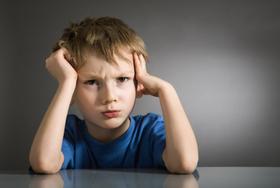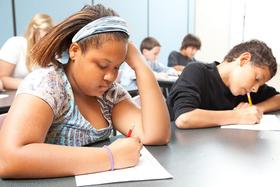Detroit Public Schools’ students recently won the award of the worst math scores in the National Assessment of Educational Progress’ 40-year history. Couple the disheartening standardized test scores with the nation’s lowest graduation rate, according to NPR, and you have a public school system that has utterly failed its students.
To further complicate the issue, Detroit Public schools are currently fighting an internal battle with Emergency Finance Manager Robert Bobb. Detroit public school teachers, administrators, parents, and school board members are upset about Bobb’s recently issued directive, outlining that all students in the district take an additional standardized test this year.
The issue of whether students should have to take this new test – on top of the STARS (Standardized Testing and Reporting), MEAP (Michigan Educational Assessment Program), PSAT, SAT, and ACT tests that they already take – is part of a larger battle for control of academic decisions between the Detroit school board and Bobb.
This video offers a look at one of the Detroit Public Schools buildings.
Why Do Detroit Schoolchildren Need a New Standardized Test?
Steve Wasko, DPS Executive Director of Public Relations, says that the new standardized test Bobb has ordered – the Quarterly Benchmark Assessment, or QBA – will be used to assess how effective the current curriculum is in helping students to meet benchmarks and achieve adequate academic progress.

